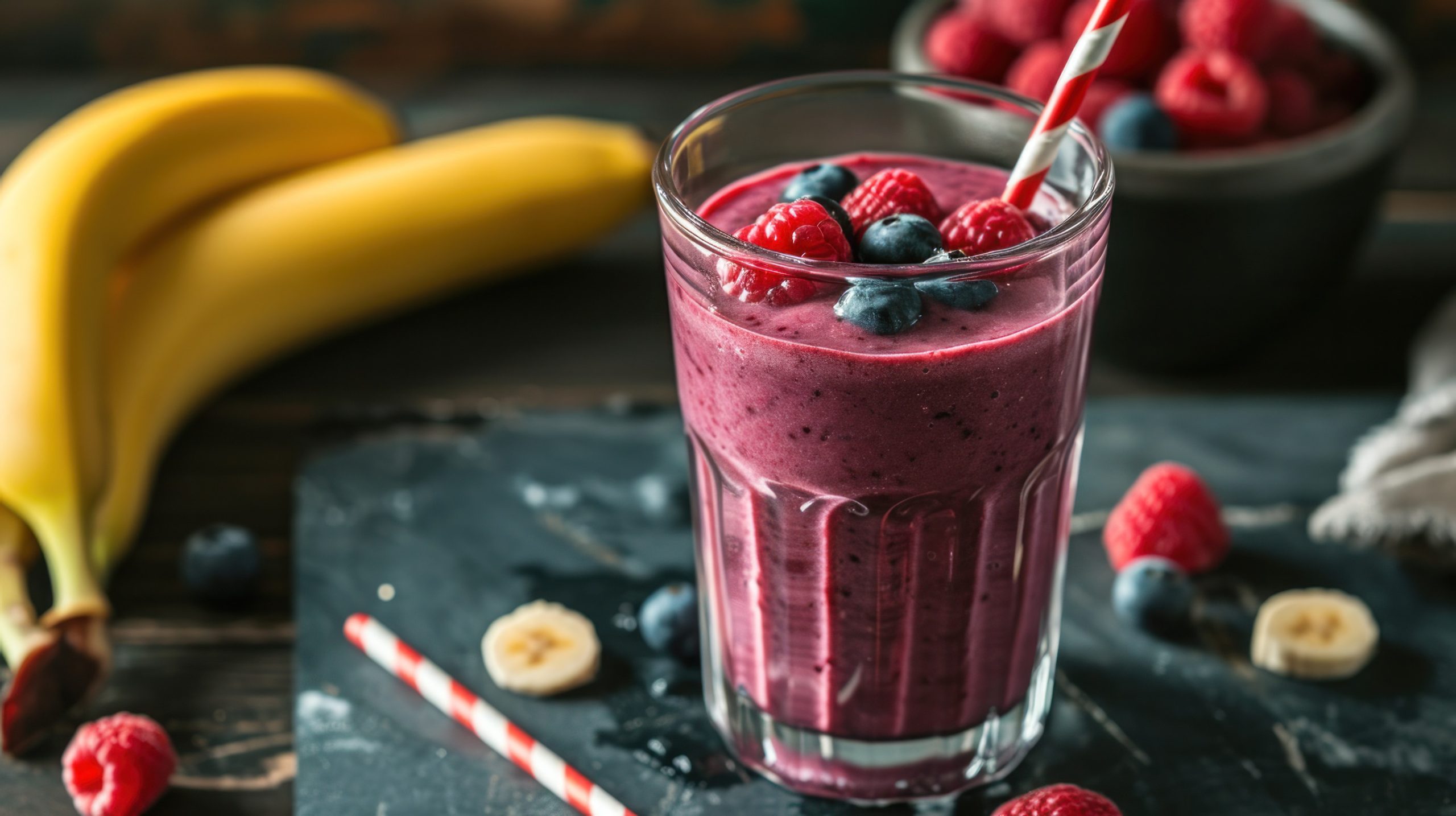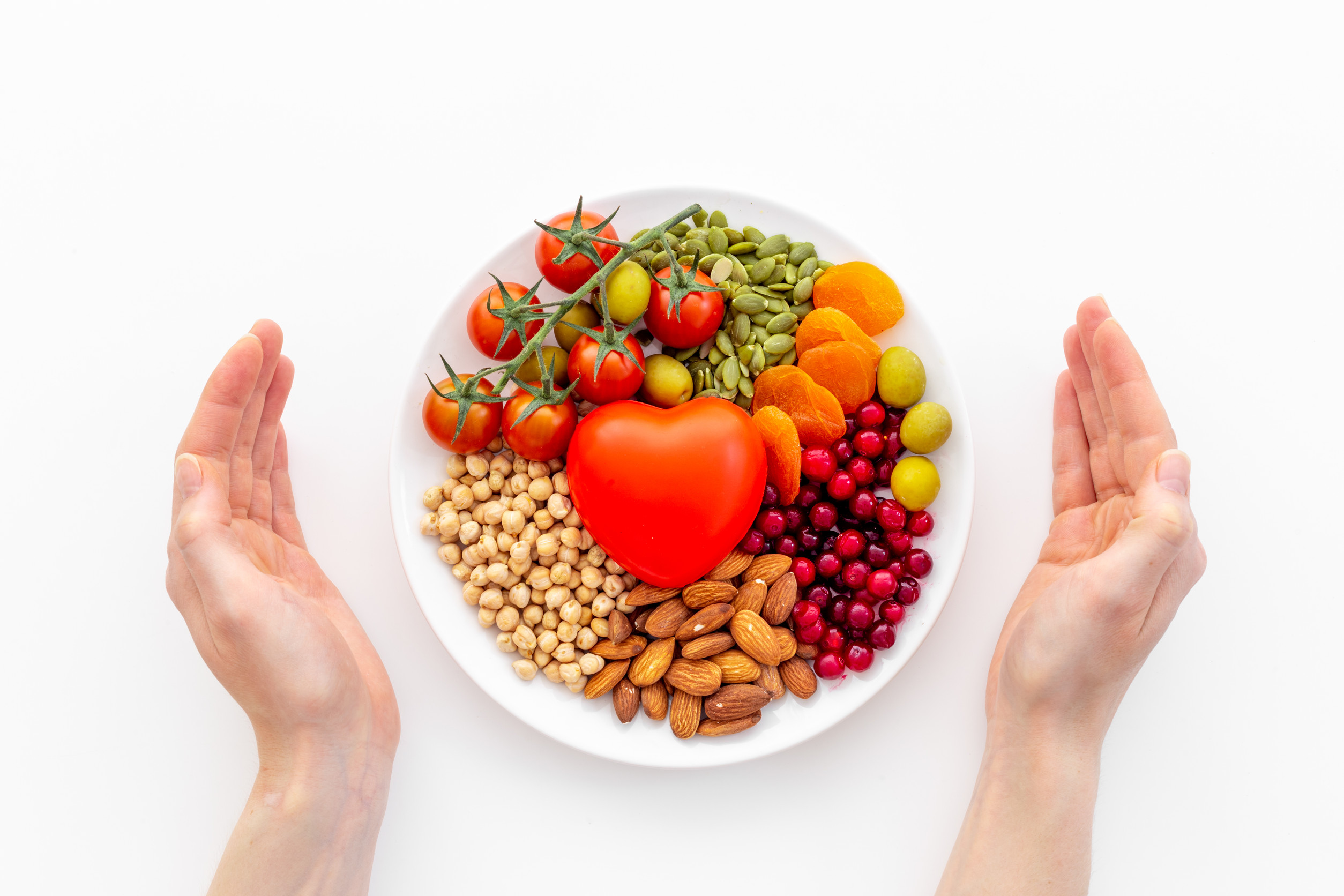In 2025, with rising food prices and a plethora of health trends, it’s easy to fall into the trap of spending money on foods that promise health benefits but offer little nutritional value. Nutritionists have identified several such items that may not be worth the investment. By recognizing these, you can make more informed choices, ensuring both your health and wallet benefit. Let’s delve into the top five foods that experts suggest you might want to reconsider.
1. Pre-Packaged Smoothies

Image Source: 123rf.com
While convenient, many store-bought smoothies are laden with added sugars and lack the fiber found in whole fruits. They often contain preservatives to extend shelf life, which can detract from their nutritional value. The cost of these beverages can add up quickly, especially when consumed regularly. Preparing smoothies at home allows you to control the ingredients, ensuring a healthier and more cost-effective option. Investing in a good blender and fresh produce can lead to better health outcomes and savings in the long run.
2. Gluten-Free Packaged Snacks
Unless you have celiac disease or a diagnosed gluten sensitivity, there’s little benefit to choosing gluten-free snacks. These products often replace gluten with other additives that may not offer nutritional advantages. Additionally, gluten-free doesn’t necessarily mean low-calorie or low-sugar. The premium price tag on these items doesn’t always equate to better health. Opting for whole, unprocessed snacks can be both healthier and more economical.
3. Organic Junk Food
Labeling a product as “organic” doesn’t automatically make it healthy. Organic chips, cookies, and candies can still be high in sugars, salts, and unhealthy fats. The organic label often leads consumers to perceive these items as healthier, leading to overconsumption. Moreover, these products typically come with a higher price point. Focusing on whole organic foods, like fruits and vegetables, provides genuine health benefits without the added costs of processed organic snacks.
4. Bottled Green Juices
Green juices have gained popularity for their perceived health benefits. However, many bottled versions are high in sugars and lack the fiber found in whole vegetables. The juicing process often removes essential nutrients, diminishing their health value. These beverages can also be quite expensive, especially when consumed daily. Preparing green juices at home ensures freshness, retains more nutrients, and is more budget-friendly.
5. Superfood Powders

Image Source: 123rf.com
Superfood powders, like spirulina or acai, are marketed as nutrient powerhouses. While they do contain beneficial compounds, relying solely on them can be misleading. These powders can be expensive and may not offer significant advantages over whole foods. Additionally, the body absorbs nutrients more effectively from whole food sources. Incorporating a variety of fresh fruits and vegetables into your diet is a more effective and economical approach to obtaining essential nutrients.
Making Informed Choices for Better Health and Savings
Navigating the world of health foods can be challenging, especially with marketing tactics that can be misleading. By focusing on whole, unprocessed foods and being skeptical of health claims on packaging, you can make choices that benefit both your health and your budget. Remember, simplicity often leads to the best outcomes in nutrition. Prioritizing fresh produce, whole grains, and lean proteins can provide all the nutrients you need without unnecessary expenses. Stay informed, question marketing claims, and choose foods that offer genuine health benefits.
Have you found yourself spending on health foods that didn’t meet your expectations? Share your experiences and tips in the comments below!
Read More
8 Fast Food Chains Secretly Offering Healthier Options (According to Nutritionists)

